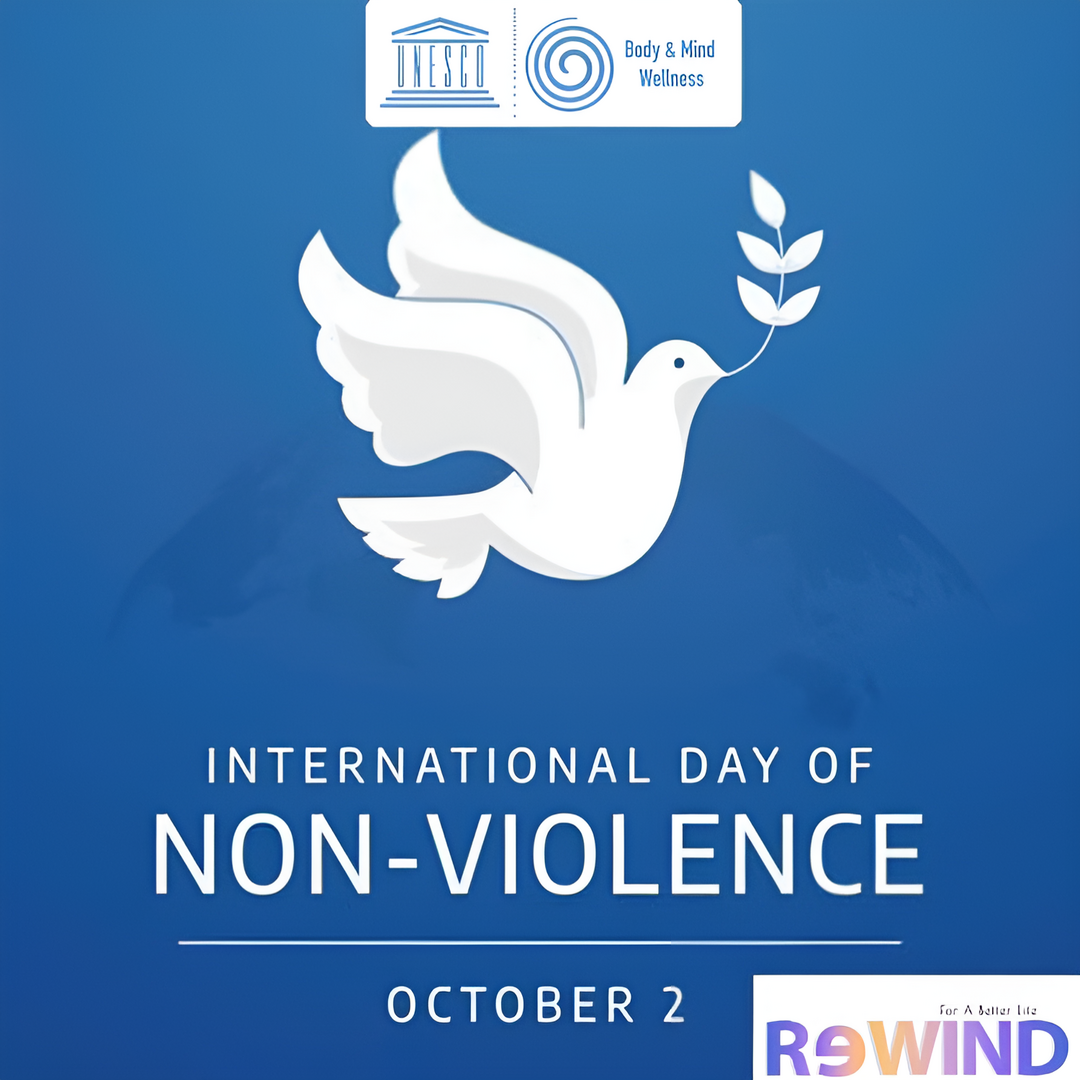
The Origin
The International Day of Non-Violence, observed annually on October 2nd, marks the birth anniversary of Mahatma Gandhi, a key figure who championed the philosophy of non-violence. This day was officially established by the United Nations General Assembly on June 15, 2007. The resolution calls for the global observance of non-violence through education, cultural exchanges, and public awareness campaigns to promote tolerance and peaceful coexistence. The initiative for the International Day of Non-Violence was first brought to global attention by Iranian Nobel laureate Shirin Ebadi, who presented the idea at the World Social Forum in Mumbai in 2004. The proposal gained traction and was later adopted by the UN, underscoring the universal need for a peaceful society.
Importance of the Day
The International Day of Non-Violence serves as a vital reminder of the power of peaceful means to resolve conflicts and achieve social and political change. In a world fraught with tension and conflict, this day emphasizes the importance of fostering peace through dialogue, education, and cultural understanding. It reminds us that non-violent methods—protests, persuasion, and civil disobedience—have the power to drive significant societal progress. With many nations facing instability, spreading the message of non-violence has never been more crucial. This day invites individuals to explore peaceful solutions through creative outlets such as music, books, and art, encouraging inner peace and global harmony.
Theme for 2024
Non-violence, often referred to as “the politics of ordinary people,” rejects the use of physical force to achieve social or political goals. Its key forms include protest and persuasion (such as marches and vigils), non-cooperation (like boycotts and strikes), and nonviolent intervention (including blockades and occupations). The approach has been employed in numerous global movements for justice and freedom, demonstrating that peaceful resistance can be a powerful agent of change.
UNESCO BMW’s Involvement
We have been actively engaged in promoting the ideals of non-violence. Our organization offers platforms for distinguished speakers to inspire communities about the importance of inner peace, unity, and mindfulness. Furthermore, we provide internships to encourage the younger generation to contribute to world peace and personal well-being. Through initiatives like spirituality workshops, meditation sessions, and awareness campaigns, we uplifts spirits and fosters mental well-being. Our organization’s commitment has helped galvanize a global movement towards peace, offering a means for people to connect, reflect, and celebrate this important day in unity.
UNESCO BMW’s Vision
Our vision mission rewinds to the core initiative of the International Day of Non-Violence. By engaging people of all ages—particularly youth—in activities such as arts, crafts, and cultural exchanges, the organization rewinds the focus on fostering creativity and inner peace. This initiative emphasizes both mental and spiritual well-being, aiming to rewind global efforts toward a peaceful society achieved through non-violent methods. Their work ensures that the message of peace resonates worldwide, rewinding communities back to a state of mutual respect, creativity, and harmony.
By: Vallerie Kalekar and Hanin Razk
Sources: